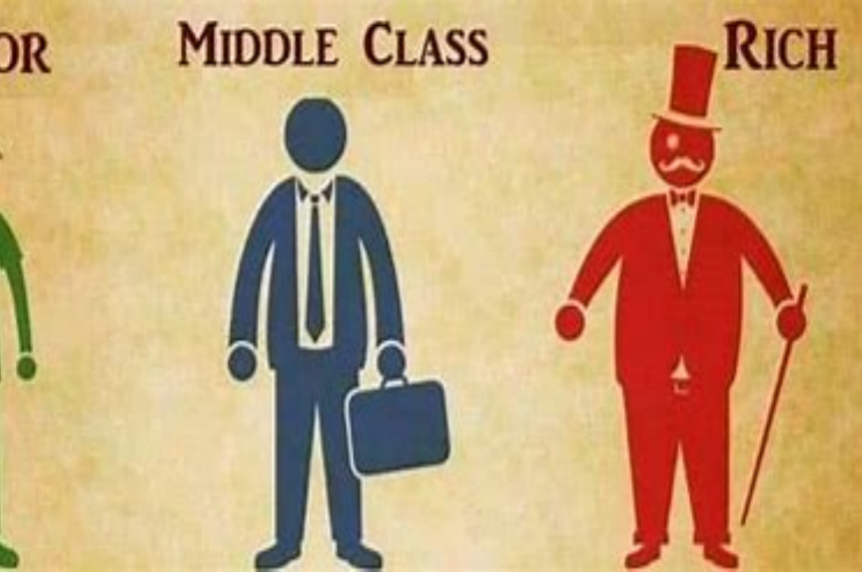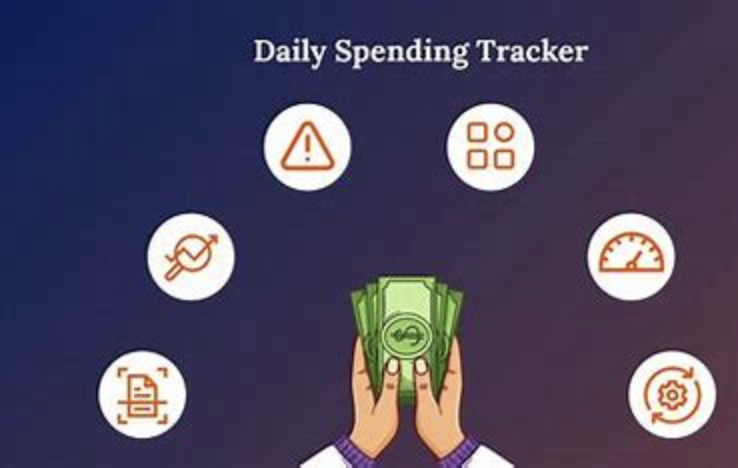
Earning an annual income of one million yuan may seem like a ticket to financial security, yet many in this bracket find themselves consumed by anxiety. This contradiction isn't a coincidence; it's the result of complex financial dynamics and psychological factors unique to the middle - class with relatively high spending power.
The High - Stakes Lifestyle Trap

High - income middle - class individuals often fall into a lifestyle inflation trap. As their earnings increase, so do their living standards. Owning a luxury home in a prime location, sending children to elite international schools, and maintaining a high - end social life become the new normal. These expenses aren't just about basic needs; they're about maintaining a certain social status. For instance, the cost of private education can easily consume 20 - 30% of annual income, with additional expenses for extracurricular activities, tutors, and study abroad programs. A seemingly high income can quickly evaporate when faced with such continuous, escalating costs.
The Hidden Debt Dilemma
Behind the facade of prosperity, many middle - class earners carry significant debt. Mortgages for their upscale homes, loans for luxury cars, and credit card debts from maintaining a high - spending lifestyle all contribute to financial vulnerability. Unlike the wealthy who can afford to pay off debts in full, middle - class individuals often rely on long - term repayment plans, which tie up a large portion of their income. Interest payments accumulate over time, creating a financial burden that constantly looms over them. Even a minor disruption in income, such as job loss or medical emergencies, can quickly turn this debt into an unmanageable crisis.
Social Comparison and Psychological Pressure
In the age of social media, the middle - class is constantly bombarded with images of affluence. Seeing peers' lavish vacations, designer purchases, and high - end experiences triggers a sense of inadequacy. This social comparison leads to impulsive spending to "keep up," even when it's beyond their financial means. Moreover, the middle - class often finds itself caught between the desire to project success and the fear of falling back into a lower economic tier. This psychological tug - of - war amplifies financial anxiety, as they strive to maintain an image that may not align with their actual financial stability.

Illusory Asset Value and Inadequate Planning
Many middle - class individuals consider their primary residence as a major asset, assuming its value will continuously appreciate. However, real estate markets are volatile, and an over - reliance on property value for wealth accumulation is risky. Additionally, a lack of diversified investment portfolios means that they are vulnerable to market fluctuations. Without proper financial planning, such as insufficient retirement savings or a lack of emergency funds, middle - class earners face uncertainties about their future financial well - being. This lack of a safety net and the illusion of wealth tied up in non - liquid assets contribute significantly to their anxiety.
In conclusion, the financial anxiety experienced by middle - class individuals with high incomes stems from a combination of lifestyle inflation, debt burdens, social pressures, and flawed financial planning. Recognizing these underlying factors and taking proactive steps towards more sustainable financial management is crucial for alleviating this anxiety and achieving true financial peace of mind.


